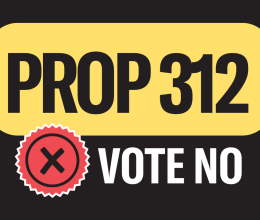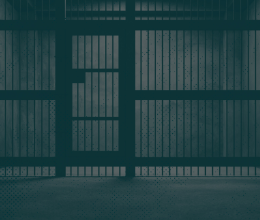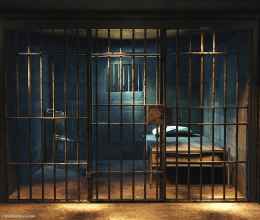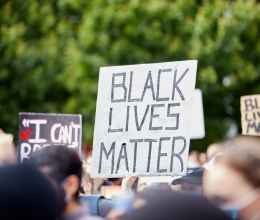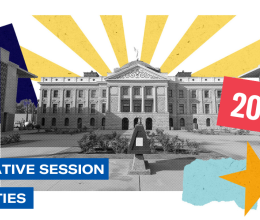
Today, the ACLU of Arizona sent a letter asking Gov. Ducey to veto House Bill 2567. The bill is a blatant attempt to prevent local communities from establishing systems of accountability and transparency in policing.
Under HB 2567, it would be a requirement for two-thirds of any body that reviews police misconduct to be law enforcement officers from the same department where the misconduct took place. It is especially troubling that the Arizona legislature is attempting to deny victims of police misconduct an opportunity for justice at a time of national reflection on race, calls for racial justice, and demands for increased police accountability after the police killings of George Floyd, Dion Johnson, Breonna Taylor, Daunte Wright and too many others.
To be effective, civilian review boards must represent the communities and neighborhoods that are most heavily policed. HB 2567 will result in bad officers remaining on our streets and will further erode trust between police and communities.
HB 2567 is one of several bills introduced this session to shield police officers from much-needed accountability and to undermine the efforts of grassroots organizations, like Poder in Action, who’ve worked hard to push for transparent, independent civilian review boards.
HB 2462 is also heading to the Governor's desk. This bill aims to place impossible barriers to who may participate and sit on a citizen review board. The bill achieves this through requiring that a citizen review board member either successfully complete a community college police academy, or a total of eighty hours of Arizona peace officer standards and training board certified training in specified subjects.
The rigorous, expensive, and completely unnecessary training requirements within HB 2462 would exclude from civilian review boards the communities most impacted by police misconduct: working class communities of color. HB 2462 makes civilian review boards inaccessible for most civilians, frustrating the oversight, transparency and accountability measures communities have been fighting for.
Another bill moving quickly toward becoming law is HB 2295 which would let police officers appeal being placed on the “Brady List”, a list prosecutors use to determine whether a police officer has been dishonest or committed other acts of serious misconduct.
HB 2295 creates serious problems for defendants. The United States Supreme Court has made it clear that when a police officer has been dishonest or commited other misconduct the information must be handed over to defendants and their attorneys. Under the best of circumstances, prosecutors should give this information immediately to the defense, but they often fail to fulfill their constitutional duty to do so. HB 2295 would make it even less likely that prosecutors will ensure the defense is well-aware of a police officer's past misconduct.
Leaving officers with histories of misconduct on the streets is dangerous for communities of color. As we saw in the murder trial of Derek Chauvin – an officer who had a long history of complaints with almost no discipline before he committed murder – when officers are not held accountable, they continue to engage in misconduct, that at times, can turn deadly. Allowing HB 2567, HB 2462, or HB 2295 to become law sends the public a clear message that protecting bad cops from accountability is more important than the trust and safety of our communities.
Arizona lawmakers should instead be taking steps to hold police and prosecutors accountable for the long history of abuse in communities of color. From racial profiling during traffic stops, to lying under oath to secure grand jury indictments against Black Lives Matter protestors, to the continued killings of Black and Brown people at the hands of police: it is clear accountability measures are desperately needed and long overdue.

